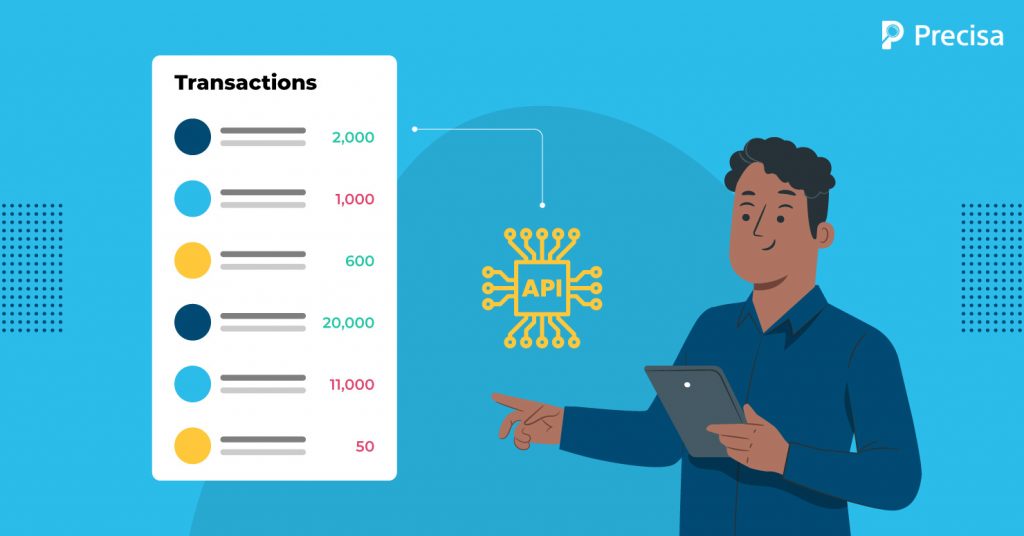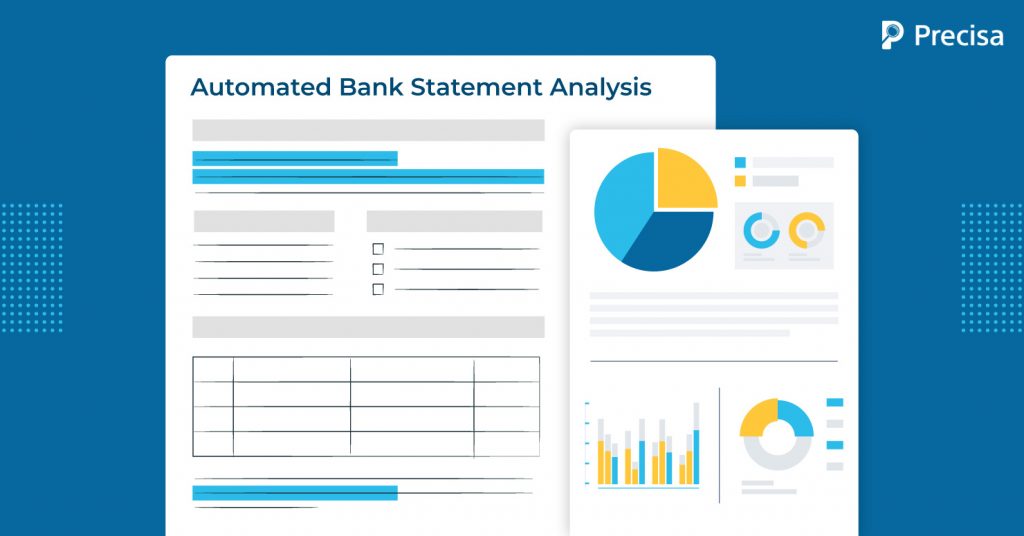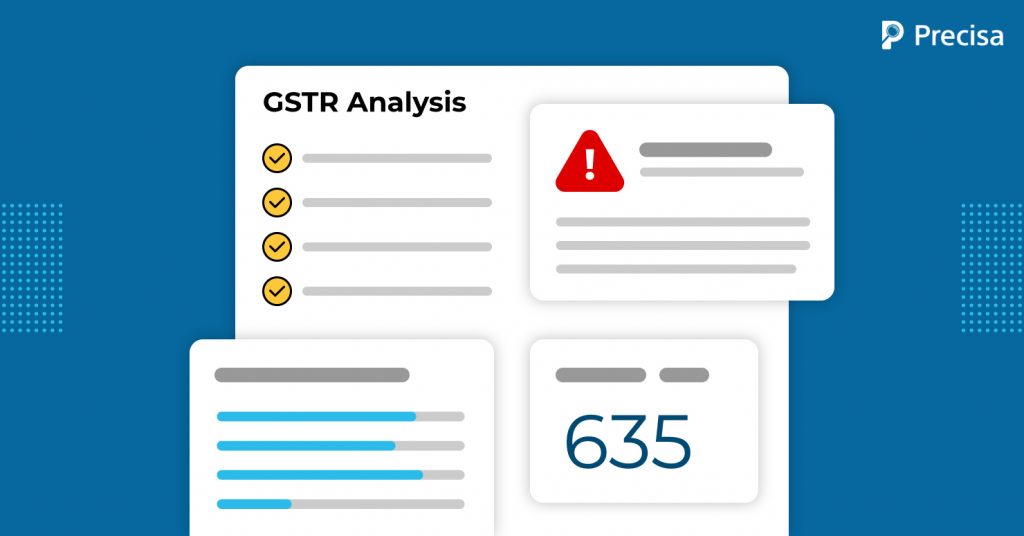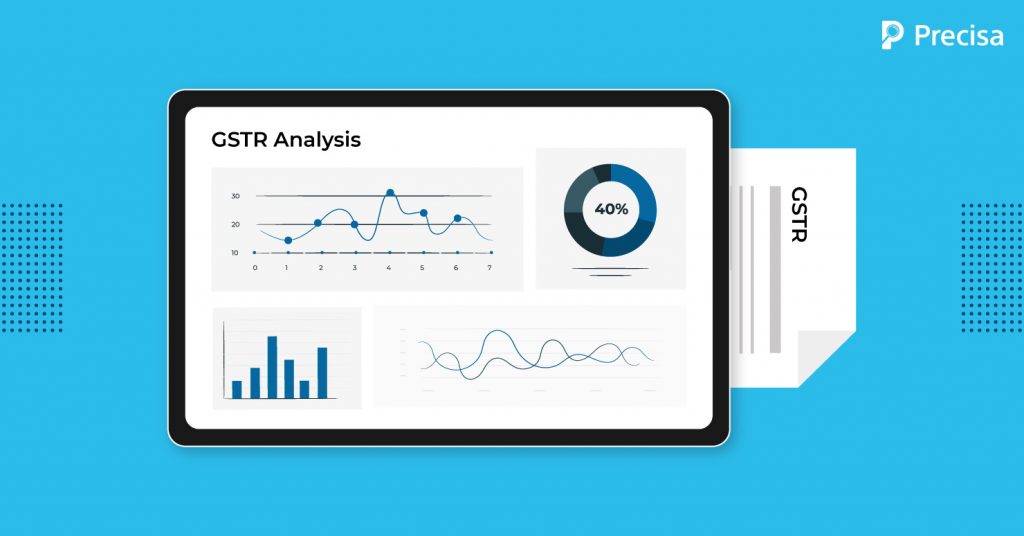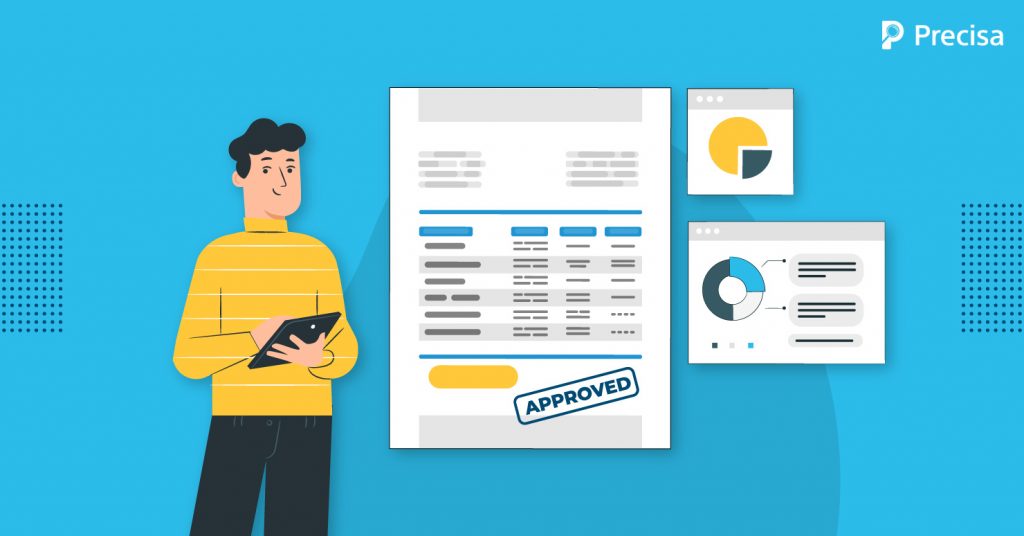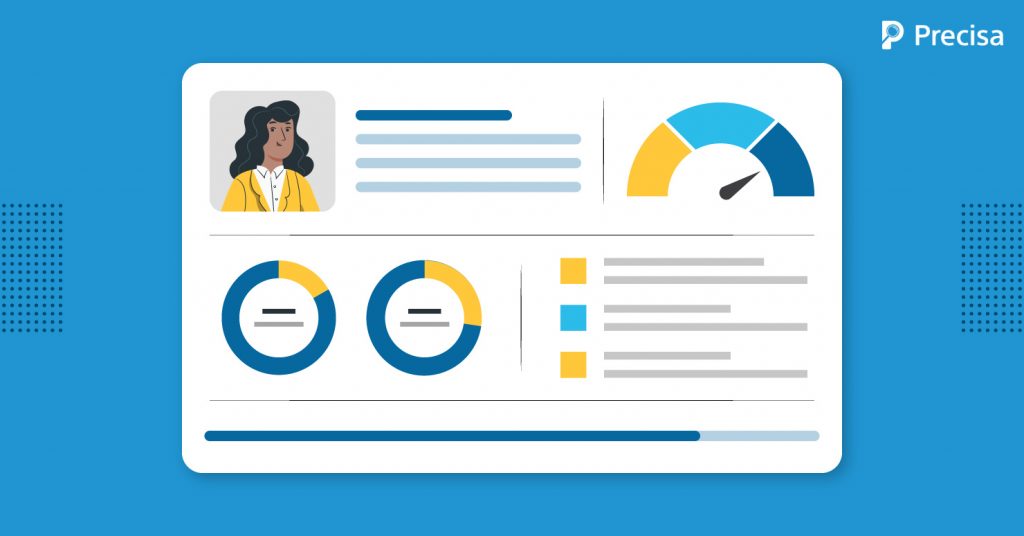Since 2020, the insurance sector has experienced an accelerated rate of digital transformation. Triggered by the growing demand for digital insurance services, companies aimed to implement basic processes such as digital customer service, payments, and renewals. However, companies are still struggling to respond quickly to the growing demand for Business to Business (B2B) and Business […]
Overcoming 10 Challenges in Integrating API to Get Bank Transactions
Application Programming Interfaces (APIs) integration has become crucial for frictionless communication and data sharing between various systems in today’s quickly expanding digital ecosystem. Implementing API connectivity for bank transactions within the banking industry is a game-changing move towards boosting productivity, increasing consumer experiences, and opening up fresh doors for innovation. However, this procedure is not […]
Improving Loan Processing Times and Accuracy with Automated Bank Statement Analysis
As the lending market grew from $7887.89 billion in 2022 to $8682.26 billion in 2023, speed and accuracy have become critical factors determining the success of lending operations like loan processing. Financial institutions must continually evaluate and analyse various financial documents, including bank statements, to determine a borrower’s creditworthiness. However, manual analysis of bank statements […]
Account Aggregator Integration: Enhancing the Security and Reliability of Financial Data Sharing for Fintech Banks
The arrival of technology and rapid digitisation has certainly revolutionised the global financial sector. Apart from a few exceptions, the speed of innovation has taken a majority of financial institutions by surprise, leaving a significant gap in their ability to adapt and integrate new technologies into their existing processes. As technology continues to impact different […]
GSTR Analysis for Fintech Startups: Why it’s Crucial for GST Review and Compliance
GSTR Analysis for Fintech Startups: Why it’s Crucial for GST Review and Compliance The supply of goods and services in India is subject to the products and Services Tax (GST). In India, the GST law was enacted in July 2017 and has since replaced several indirect taxes, including VAT, service tax, excise duty, etc. Compliance […]
Why Fintech Companies Leverage GSTR Analysis for Credit Risk Assessment
The market size of the digital lending industry in India was worth just $ 9 billion in 2012. By the end of 2023, it is projected to reach a value of $ 350 billion. Fintech companies have played a major role in the accelerated growth of digital lending, and in particular, small business financing. The […]
How Can Precisa’s Bank Statement Analyser Improve the Loan Origination Process?
As of 2023, the India Digital Lending Platform Market is expected to grow at a CAGR of 27.90% to USD 923 million and reach USD 3159.19 million by 2028. This growth, however, is accompanied by several challenges, such as the loan origination process, which is time-consuming and complex, and requires several procedures to determine a […]
The Benefits Of Using NBFC Software For Financial Management
Non-banking Financial Companies (NBFCs) are integral to the financial system. Their contribution to financial inclusion initiatives, dissemination of timely credit to the Micro, Small and Medium Enterprises (MSMEs) and infrastructure development projects are all significant chapters in the story of India’s thriving digital economy. As of October last year, India has 9500 registered NBFCs with […]
Everything You Need to Know About Credit Appraisal Process
The creditworthiness of a person determines their probability of obtaining a loan from a bank or other financial institution. Furthermore, it also summarises how worthy they are of getting new credit in the future. Typically, lenders go through an individual’s debt and credit management history to assess their creditworthiness before approving or rejecting their application. […]
Top Features to Look For in an NBFC Software
A Non-Banking Finance Corporation (NBFC) is a company that carries out the business of a financial institution as per Section 451(c) of the RBI Act. Their functioning falls under the purview of the Ministry of Corporate Affairs and the Reserve Bank of India. Presently, NBFCs are involved in lending activities, leasing, hire-purchase, insurance, receiving deposits […]


